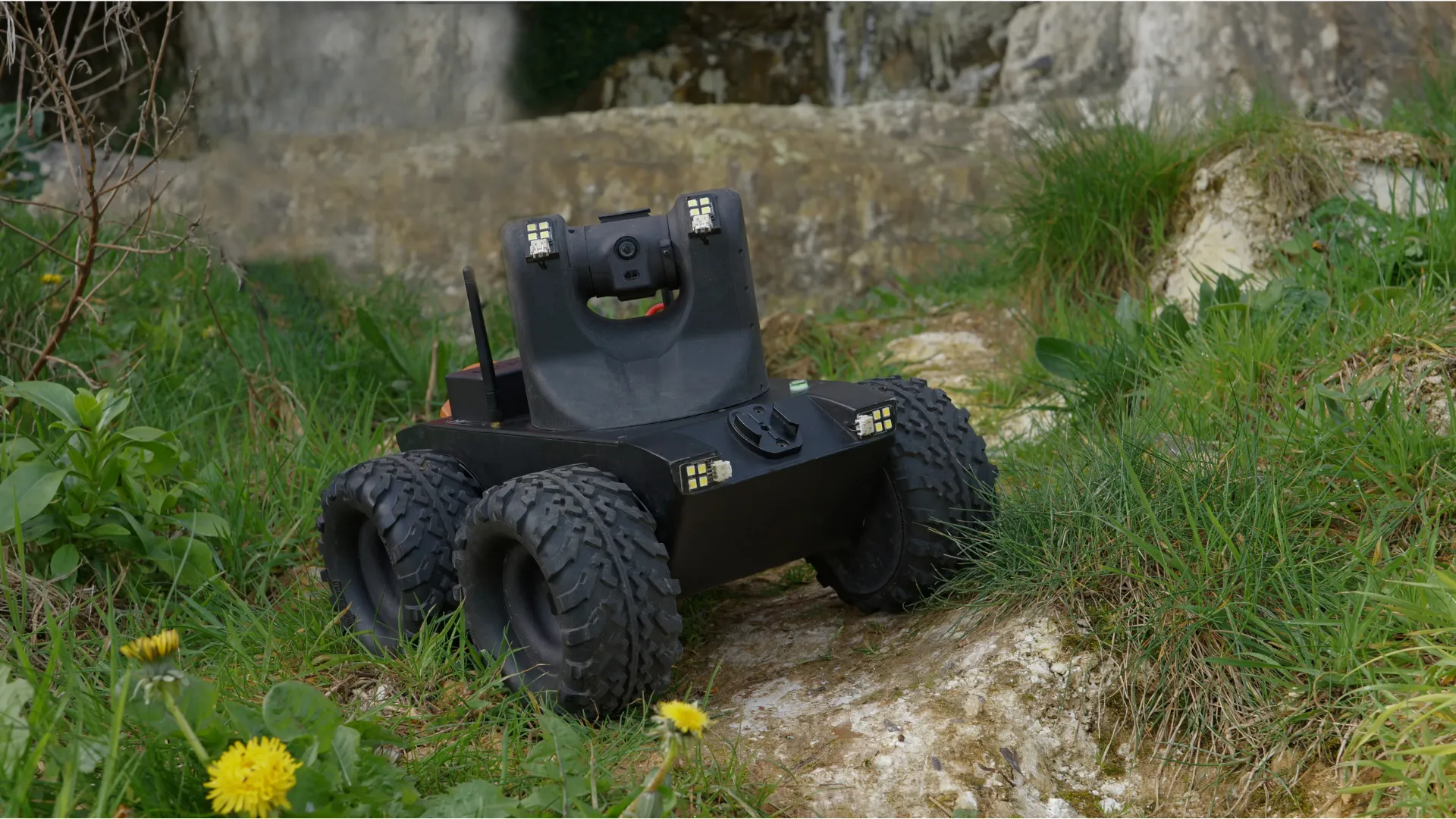Monitoring the condition of sewage networks, industrial pipes and service ducts is a must for public and private operators alike. In an industrial region like Seine-Maritime, where ports, refineries, chemical plants and power stations rub shoulders, these inspections play a crucial role in preventing breakdowns, ensuring site safety and managing maintenance budgets.
Among the technologies used, camera-based televised inspection (TVI ) is the method of choice. With no need for direct human intervention in the pipes, it enables the rapid identification of defects, obstructions or damage that could affect network performance. In Normandy, the company Multinnov offers a range of state-of-the-art equipment, adapted to the realities of the field and designed locally. This article describes the advantages of this innovative solution.
Why carry out TV camera inspections?
A response to field requirements
Pipe networks in Seine-Maritime are often old, buried, difficult to access and subject to extreme conditions: constant humidity, pressure, chemicals or an aggressive marine environment. Conventional inspections, requiring dismantling or human intervention in confined spaces, are costly, time-consuming and potentially dangerous.
Inspection cameras make it possible to :
- Visualize the inside of a pipe without dismantling it;
- Remote diagnosis without endangering personnel;
- Plan repairs in a targeted and relevant way.
These inspections are essential for operators of wastewater networks, industrial companies, local authorities and construction and civil engineering companies responsible for maintaining roads and underground infrastructures.
A fast, non-destructive and cost-effective method
Unlike other approaches (coring, drilling, manual purging), camera inspection enables instant visualization, traceability of anomalies (photos, time-stamped videos) and data storage for later analysis. It's also a great way of reducing costs:
- Less unnecessary dismantling;
- Fewer production stoppages;
- Fewer staff mobilized in the field.
For local authorities in the Seine-Maritime region (Le Havre, Rouen, Dieppe, etc.), these inspections are integrated into multi-year network maintenance plans to ensure compliance with current standards.
How do you choose the right camera for your environment?
Very different environments
Inspections cover a wide variety of sites:
- Buried pipes in wastewater networks ;
- Industrial pipelines carrying liquids, gases or sludge;
- Tanks and reservoirs subject to corrosion ;
- Technical ducts, underground galleries or narrow gaps.
Each case has its own specific constraints: diameter, presence of water or debris, pressure, accessibility, temperature, luminosity...
Adapting technology to the situation
Several types of cameras are available to meet these needs:
- Wired pole-mounted cameras, used for small spot inspections ;
- Motorized ITV trucks, suitable for large diameters but limited in constrained environments;
- Autonomous inspection robots capable of working in complex spaces;
- Waterproof and floating cameras for inspection in wet or flooded environments.
It's crucial to define in advance :
- Inspection length (range in meters) ;
- Type of environment (dry, submerged, obstructed) ;
- Desired level of visual detail (HD camera, optical zoom, rotation).
For example, a flooded 400 mm non-visitable pipe will require an amphibious robot equipped with powerful lighting and a steerable camera.
Multinnov, the choice of innovation and field experience
A Normandy company at the cutting edge of technology
Multinnovbased in Normandy, designs and manufactures mobile industrial video surveillance equipment. Their flagship product, the Roview2is a wireless, all-terrain inspection robot capable of operating in confined, narrow and hard-to-reach environments, where conventional ITV carts can't go.
Designed and assembled locally, the Roview2 is distinguished by :
- A 360°/180° rotatable 4K camera;
- A wireless system with real-time transmission;
- Up to 8h autonomy (2h active inspection + pause mode);
- A stabilization system for inspection on slopes (up to 45°);
- Built-in buoyancy for inspections in the presence of water;
- 500 m range, without signal interruption;
- ITV compliance in accordance with NF EN 13508-2.
A solution designed for the field
The Roview2 was developed with feedback from operators, to provide a solution :
- Long-term reliability (resistant materials, secure on-board electronics);
- Easy to deploy, even in complex configurations;
- Customizable, thanks to modular accessories (wheels, lights, antennas, tracking systems, etc.).
Multinnov also supplies :
- Training in equipment use;
- Personalized technical support;
- After-sales service based in France, with parts available on short notice.
Thanks to this hands-on approach Multinnov customers in the Seine-Maritime region can gain in autonomy and reliability, while reducing their operating costs.
An indispensable tool for local authorities and industry in Seine-Maritime
Practical applications in the region
Multinnov is already working with several companies and local authorities in the 76 region on projects :
- Sanitation inspections in Rouen's old districts;
- Tank monitoring in the port areas of Le Havre;
- Industrial pipeline control in the Seine Valley;
- Rapid intervention on flooded networks in Dieppe.
The Roview2's features enable it to be adapted to every job profile, whether it's a stormwater network, a buried pipe or a regulatory inspection.
A long-term strategic investment
Beyond the immediate technical benefits, equipping your teams with a Roview2 means :
- Reduce dependence on subcontractors;
- Better maintenance planning;
- Comply with legal inspection requirements;
- Improve traceability and control reports with on-board video recording.
It's also a responsible choice in favor of made in France and locally-designed technology, adapted to the realities of the field.
Faced with the growing challenges of monitoring buried networks,camera inspection is today's most reliable, economical and safe solution. In Seine-Maritime, where needs are many and varied, the solutions offered by Multinnovsuch as the Roview2are particularly effective, adaptable and robust.
Designed and manufactured in Normandy, these technologies offer a concrete response to local authorities, companies and operators wishing to modernize their maintenance, gain autonomy and guarantee the safety of their facilities.


